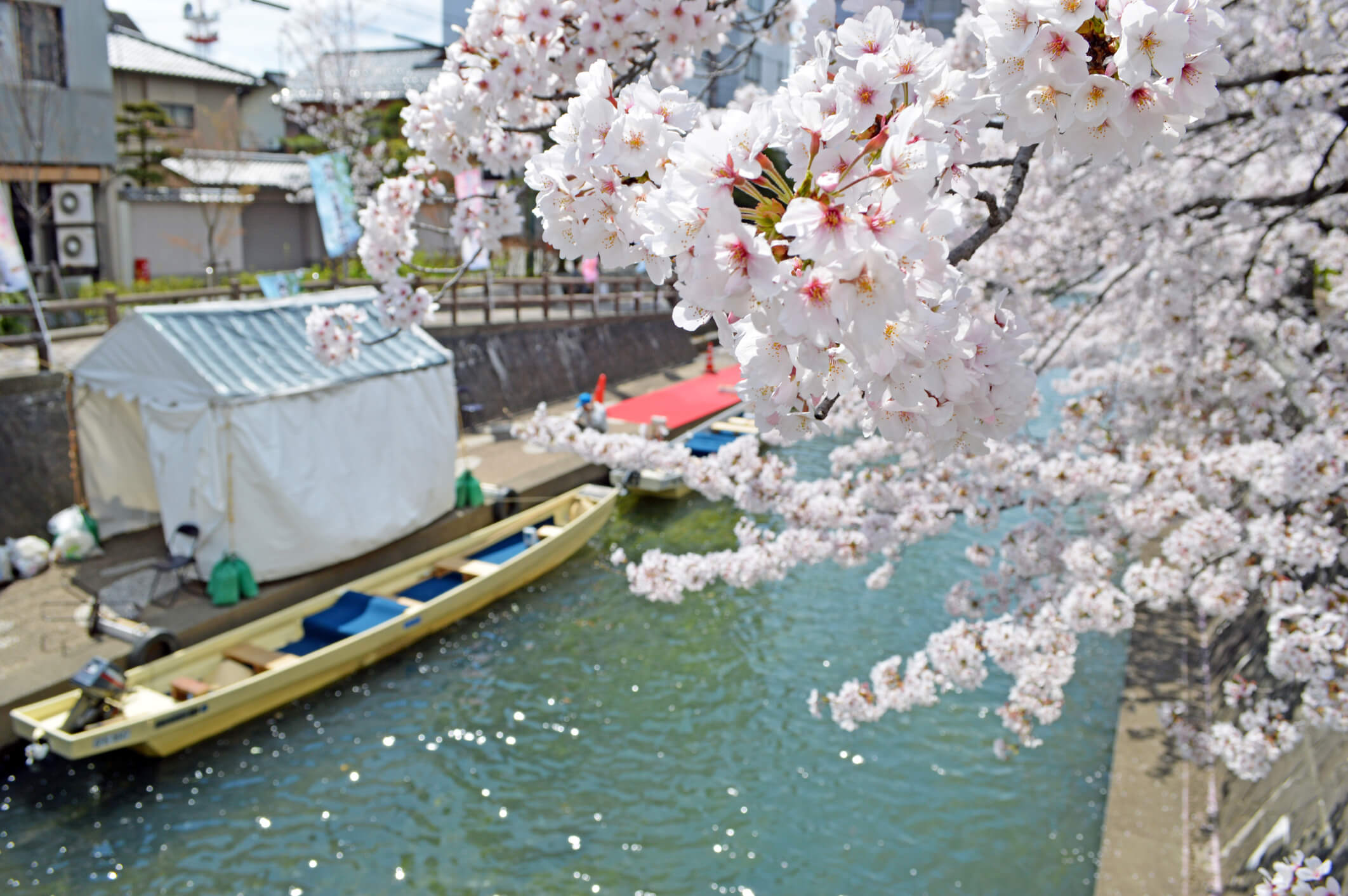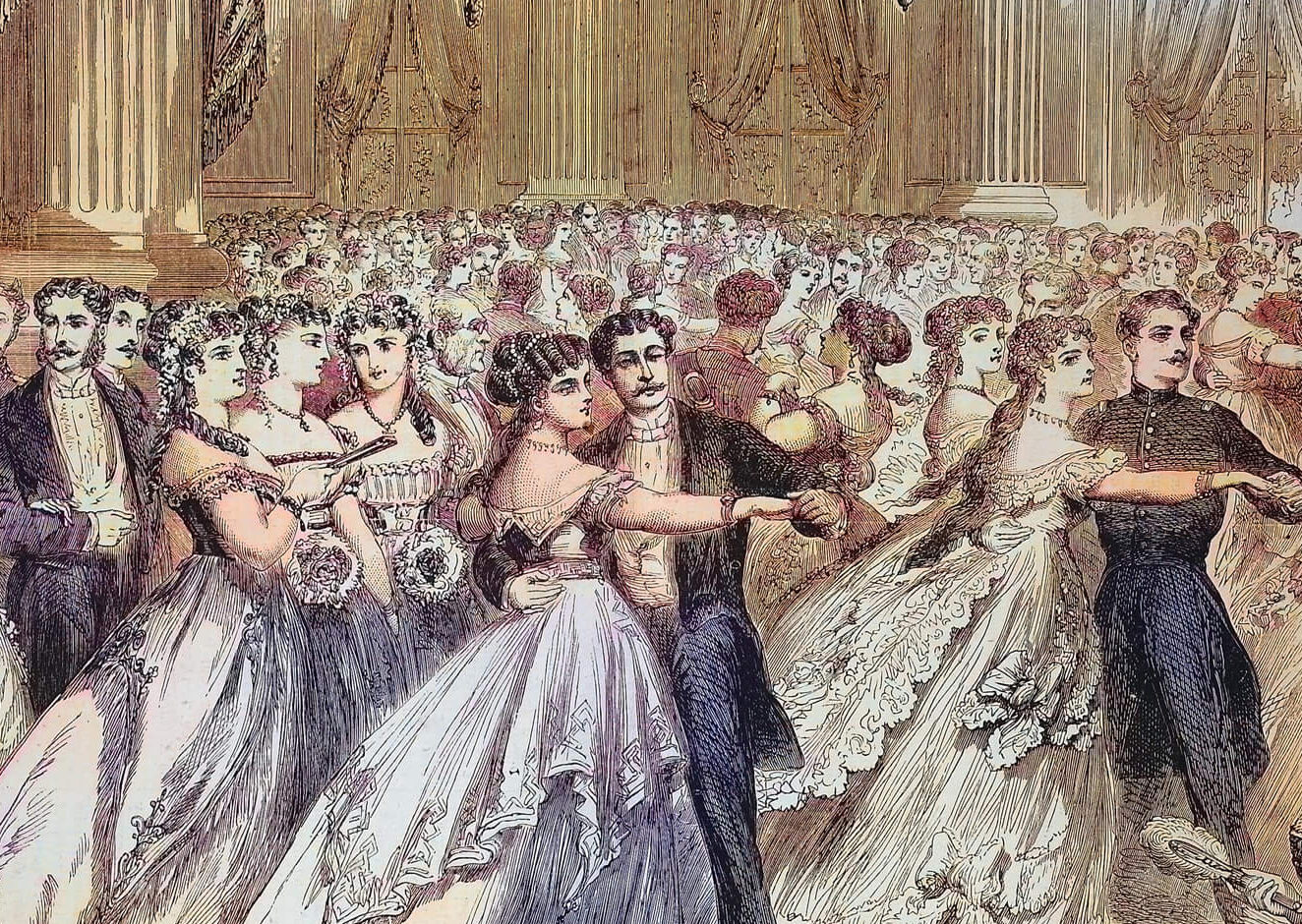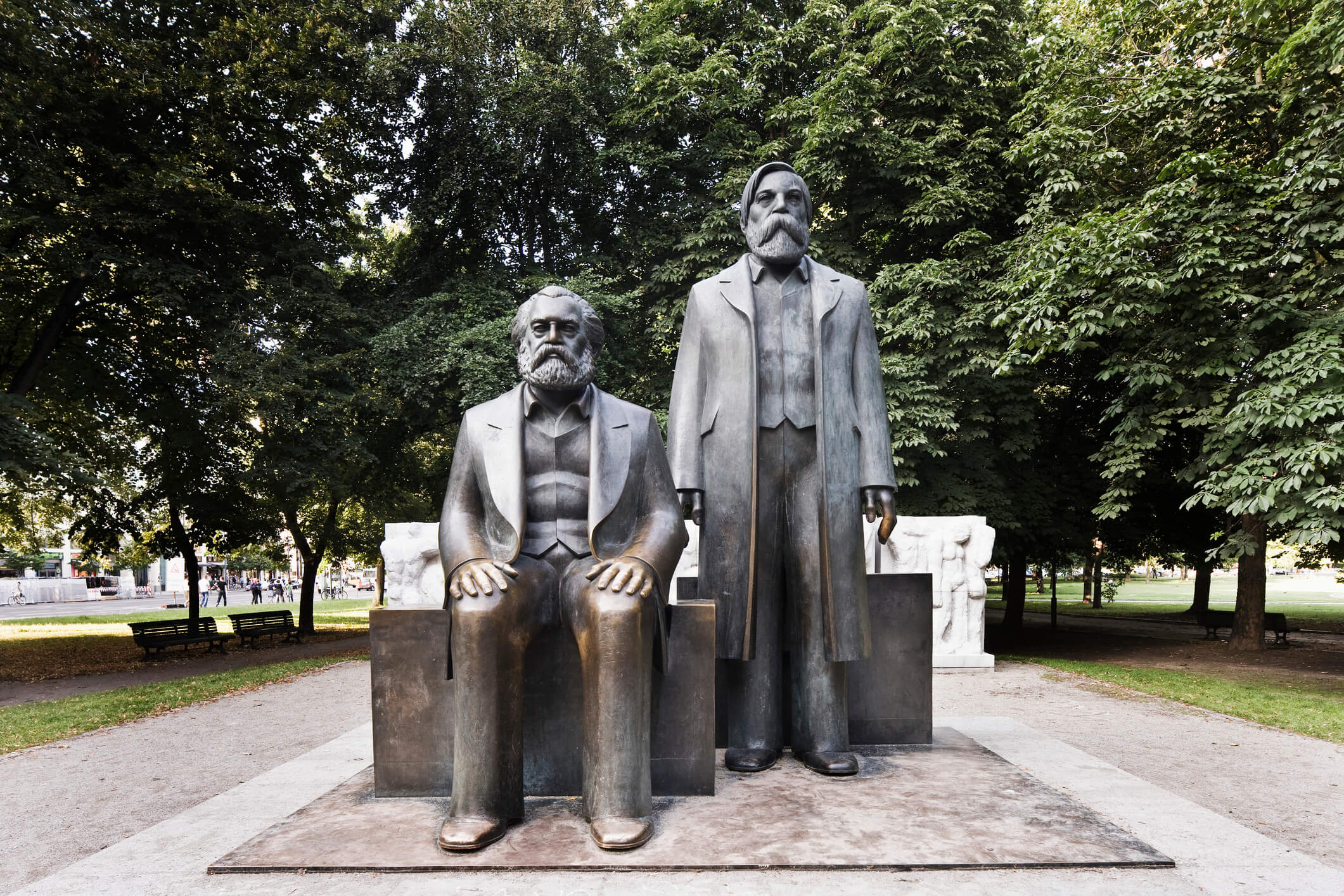Thanks to the Russell Kirk Center for Cultural Renewal, I recently joined a panel with Hirotsugu Aida, a professor at Kansai University in Osaka, Japan, who briefly highlighted the intriguing parallels between Japanese and Southern American cultures, especially their conservatism.
In fact, I credit Japan for my awareness of my own Southern conservatism. Here’s the story.
My first day of college was the catastrophic morning of 9/11. After Philosophy 101, my first class, I returned to my dorm room and watched on television two planes crash into the Twin Towers. The next few months were a fury of patriotic bellicosity. My classmates wanted to blow the entire Middle East to smithereens. By 2003, our military had invaded Iraq. My opposition to this reckless foreign policy and the Iraq War led me to believe that my politics leaned left.
As a college senior, in 2005, torn between law school and graduate studies in English, I yearned for the lifestyle of an English professor who earned a lawyer’s salary. Complicating matters was the two-year relationship with my then-girlfriend, a younger student who couldn’t follow me wherever I was going after graduation. Unable to decide on law or English, I interviewed for a teaching position at a Japanese private school, a juku, and landed the job, in effect delaying my career choice. Soon I found myself in Ogaki, Japan, a now-single man with a modest income, time to travel and explore, and little responsibility.
Ogaki is, by Japanese standards, small. When I lived there in 2005 and 2006, its population was around 160,000. Once resembling Venice with its network of canals, this rustic, pastoral town in the Gifu Prefecture has paved over most of them as roads. The place feels, or felt, like Old Japan: restaurants with tatami-matted seating, squat toilets on the ground, Buddhist temples, Shinto shrines, and only one mall. It was charming and historic, the final destination of the renowned haiku poet Basho in 1689.
Having studied Japanese for one semester during college, I had enough facility with the language to navigate the train system, ask directions, order meals, and flirt with women. Otherwise, I was clumsy and green. I don’t like the term, but I became something of an ethnographer, simultaneously immersed in and detached from the culture, which I researched and observed daily.
This culture felt strangely familiar and likeably conservative. Although I grew up in what is today a restless suburb of Atlanta, during my childhood my hometown was remote, the sprawling city still out of reach. My family and I spent much of our time in Alabama and the Florida panhandle. We weren’t the Old South, but hospitality, politeness, and reverence for heritage were our holdover virtues. I recognized those qualities in Ogaki, where people valued tradition and honor and respected their elders.
Japanese culture more broadly continues to emphasize etiquette, politeness, hierarchy, and adherence to custom and ritual. The act of bowing appealed to me, something about its dutiful reciprocity and mutual deference. A simple gesture like handing someone a business card involves great ceremony in Japan. I learned that, for the Japanese, giving or receiving gifts was a practiced art requiring appropriate formality. My great-grandparents, grandparents, and parents passed down Southern manners and mores to me from previous generations; these Japanese conventions reminded me of them, and of home.
The South remains more rural than urban, according to the U.S. Census Bureau. We Southerners take pride in the natural beauty of our landscapes, from the beaches and coastal plains to the bayous and the swamplands, the pine forests and the foothills, the cornfields and the cottonfields, the Appalachian Mountains and the Carolina Lowcountry.
The Japanese, too, admire nature, but for spiritual reasons. Whereas Southerners are mostly transmitters of Judeo-Christian teachings that attribute natural beauty to the Creator God, the Japanese are pantheistic, finding divine presence within nature. The Japanese relax in onsen, or hot springs, and, in the spring, loaf beneath sakura, or cherry blossom trees, for hanami, a custom that usually includes picnics and recreation. The Japanese ladies in flowery dresses and skirts, reveling in the sunny season, evoked memories of Southern belles and sorority sisters from the campuses I knew well in Georgia and South Carolina.
When I returned to Japan in 2008 for a semester in Tokyo as a law student, I was struck by the contrast with my previous experience living in Ogaki. Tokyo was cosmopolitan. There, I could have been anywhere: New York City or London or Atlanta. While Tokyo retained its Japanese essence, it, like any metropolis, diluted cultural niceties to accommodate a diverse influx of people from around the globe. Still, it featured pockets of nature—parks and trees and green spaces—as well as distinctly Japanese cuisine (donburi, sushi, ramen, udon, yakitori, tonkatsu, takoyaki, tempura), arts (ikebana, origami, bonsai, kabuki, shodo, sumi), and entertainment (sumo, karaoke, rakugo).
Perhaps the most poignant commonality between Japanese conservatism and that of American Southerners is their response to parallel histories marked by defeat.
The Japanese cultivate a conservative sense of community, solidarity, and social cohesion that undermines the trite slogan that diversity is strength. The concept of societal harmony—what the Japanese call wa—resembles longstanding Western notions of the common good. The dangers of collectivism, here, are obvious, but individuality flourishes when members of society self-govern based on shared norms and values.
Perhaps the most poignant commonality between Japanese conservatism and that of American Southerners is their response to parallel histories marked by defeat. We’re both defined by our loss in major wars. The Japanese and Southerners struggle with their heritage, striving to uphold its virtues while modernizing, revitalizing, and adapting their unique cultures to the demands of a global economy. We’re burdened by feelings of shame and guilt. The transition from a basic agrarian society to a vast industrial hub, driven by progress, causes sadness and nostalgia, even in those like me who recognize the economic advantages of the change.
You probably haven’t heard of the Lost Mill Workers of Roswell. I grew up a short distance from Roswell Mill, north of Atlanta. Hearing accounts of what happened there sufficed to debunk the oversimplified moral narratives of the Civil War, or the War Between the States, in my young mind.
In 1864, Union General William Tecumseh Sherman, during the Atlanta campaign, ordered the deportation of all people found at the cotton and woolen mills in Roswell, mostly women and children of Confederate soldiers, who were away fighting. The men who were present were elderly or young.
Union troops, having burned the mills and many of the houses at Sherman’s command, arrested the group of mostly women and children and shipped them north to Kentucky and Indiana, charging them with treason without so much as a trial. Some women, awaiting deportation, allegedly were assaulted at the Georgia Military Institute.
When I was a child, the old men and women around Roswell lamented in their deep Southern accents that the mill women and children of Roswell wound up in “internment camps.” I’m not sure that’s the right term, but articles from the Atlanta Journal-Constitution in the 1990s submit that the women and children were, in fact, imprisoned up North. Sparse, contemporary accounts of the removal, scattered among newspapers from Tennessee to New York, suggest that even Northern journalists denounced the terrible treatment of these destitute “refugees.” Perhaps this unhappy episode foreshadowed the coercive relocation and internment of Japanese Americans during World War II under Franklin Delano Roosevelt’s ugly directive.
Little is known about the fate of the Lost Mill Workers of Roswell because they were on the wrong side of the great conflict. Their tragedy didn’t suit the triumphant narrative of Union or Emancipation. A grand sculpture of Sherman resides outside the Plaza Hotel in New York City, but these poor and probably illiterate mill women and children have been nearly erased from history, their forced expulsion written off as a necessary cost of war. When Southern soldiers returned home to Roswell Mill, their wives and children were gone, never to be seen again.
Sherman’s annihilation of Southern towns, his plundering and scorched-earth policies, and his resort to total warfare anticipated the dropping of the atomic bombs on Hiroshima and Nagasaki just over eight decades later. Had more Americans condemned Sherman’s tactics as morally repugnant, American foreign and military policy may have turned out much differently.
It’s no wonder that Russell Kirk himself, a champion of tradition, order, norms, hierarchy, custom, and convention, venerated both the South and Japan. By the time I left Ogaki, I realized that I wasn’t a man of the left after all. It took living in Japan during my formative years to achieve that self-discovery. Soon thereafter I picked up Kirk’s writings, which introduced me to a mindset, disposition, and canon of thinkers that resonated with me.
Sometimes I dream that I’m still in Ogaki, sauntering through the countryside along brooks and streams, beneath the overhang of cherry blossoms and a wide blue sky, mountains rising along the horizon. Then I awake with profound sadness, an aching longing for a place I haven’t seen in many years. I’m not sure which I miss more, the location or that period of youth, but it’s probably a mix of both. I once envisioned living in Japan until the end of my days. I may have done just that had the right opportunity presented itself.
Part of me does live in Japan, and always will. If life is the transient blossom of sakura, then I reached peak bloom in Ogaki. Today, alas, the petals are falling away.















